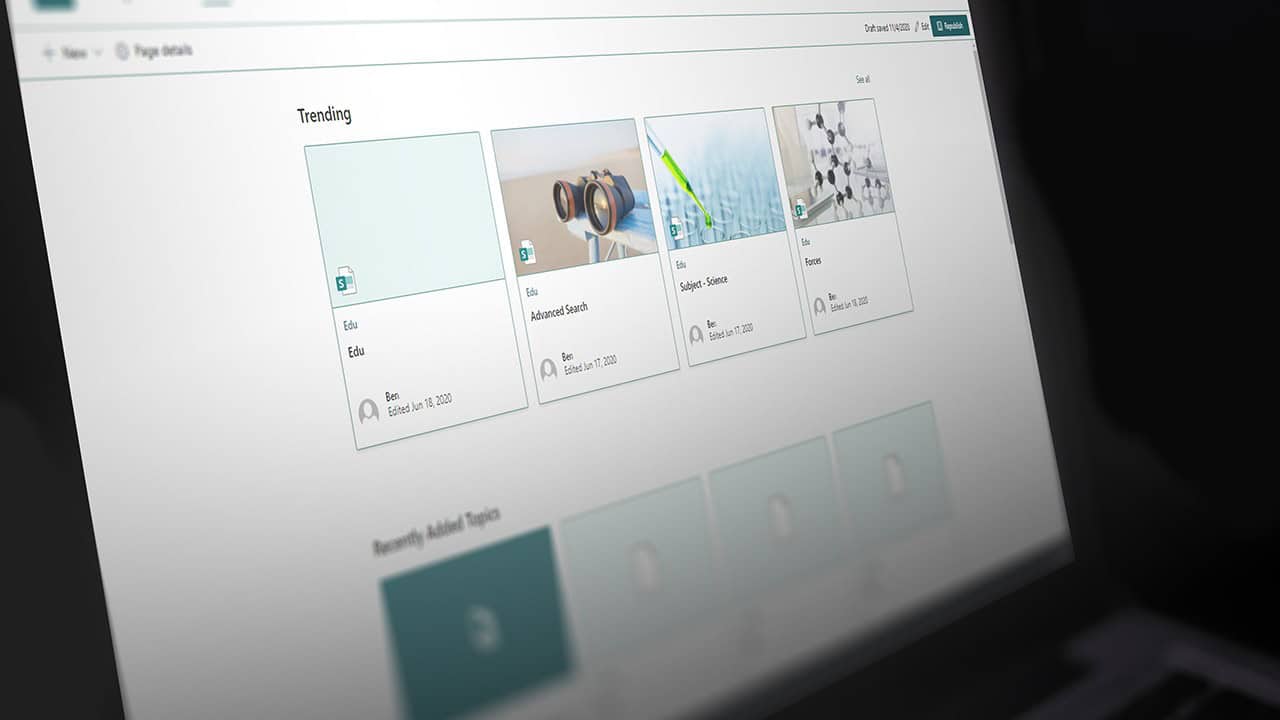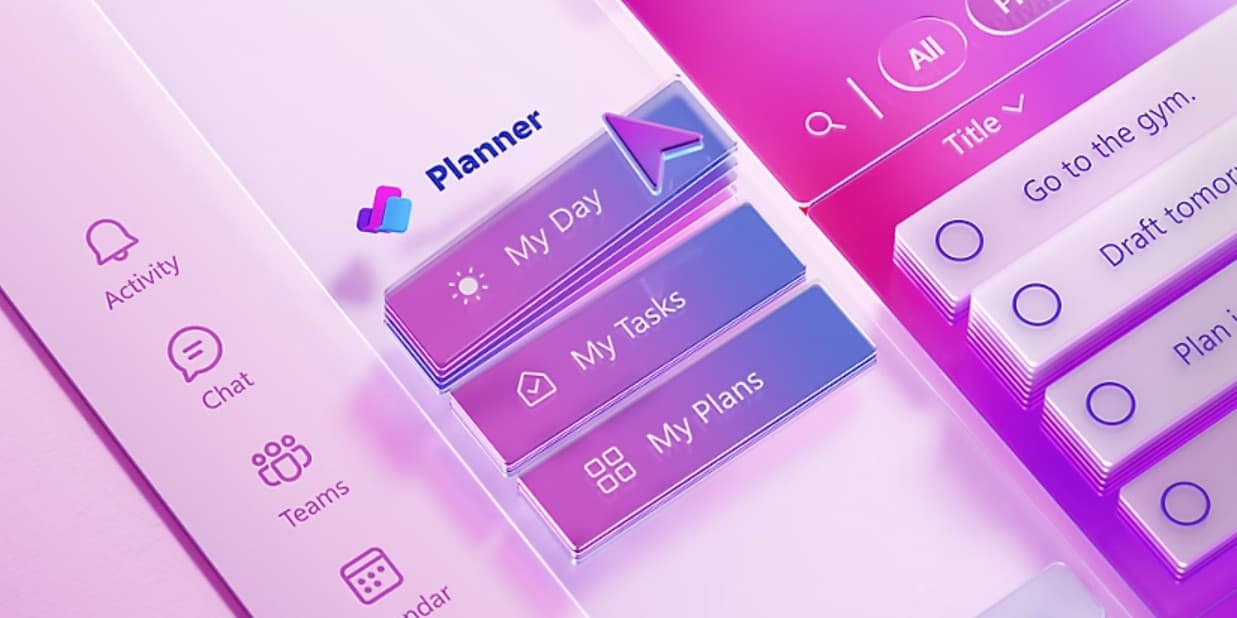Alongside the much publicised end of support for Windows 7, support for Windows Server 2008 R2 will also end at the start of 2020.
Much like the PC operating system, Microsoft is going the extra mile to raise awareness of this to businesses.
About Windows Server 2008 R2
Windows Server 2008 R2 was Microsoft’s first 64-bit server operating system. Built on the same kernel as Windows 7, its popularity sprung out of its ease of use for IT professionals. It also introduced useful features such as failover clustering (a way of giving continuous access to applications even if they crash) and improved disk partitioning functionality.
A number of upgrades and improvements were made to the Server 2008 OS over its lifespan. This created something of a reluctance among some IT professionals to upgrade to Windows Server 2012, which utilises the maligned ‘metro’ user interface found in Windows 8.
While general support for Windows Server 2008 ended in 2015, extended support will now run out in January 2020.
No support
After January 2020 there will be little to no support left available for Windows Server 2008 R2. This will introduce a significant security risk to servers. Cyber criminals are already targeting security flaws in Windows 7 machines. It would not be surprising to see efforts targeted at servers running Windows Server 2008 R2.
The end of support for Windows Server 2008 R2 also has the potential to cause headaches for businesses. Any server OS upgrade requires a large amount of forethought – it should not be taken lightly.
Companies with onsite servers will need to make sure that their existing server hardware is capable of taking on an OS upgrade (Windows Server 2019 is recommended). If it is, careful planning will be required.
However, if your server hardware is as old as Windows Server 2008 R2, it may not be easy to upgrade. You may also need to upgrade server hardware as well to keep your company safe.
Some companies may choose this as the time to investigate a hosted server solution. Rather than invest in both a server migration and new hardware, businesses can unlock more flexible working and lower costs by moving their server’s operations to the cloud. Future updates, server monitoring and hardware maintenance then become someone else’s issue.
Whatever you plan to do, it’s best to do it sooner rather than later. For advice on the best solution for your business, Akita’s team of IT experts will be happy to discuss options with you based on your requirements and existing setup.
For more information about our hosted server solutions:
View More



